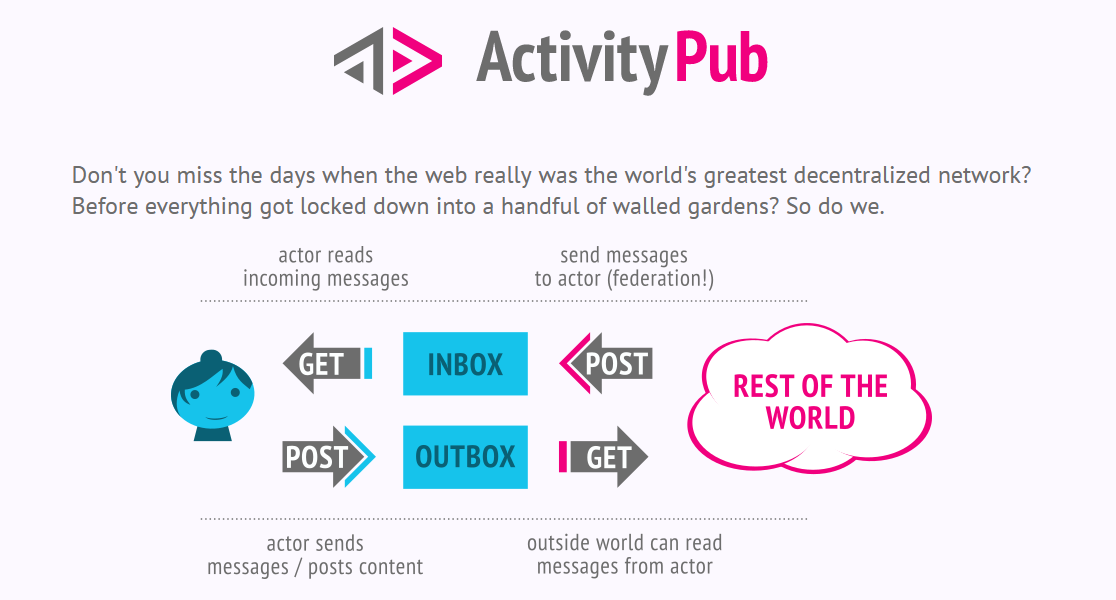When rumours started to appear that Meta, of all companies, were working on an ActivityPub based social network, I was sceptical. I’m a massive fan of the protocol since retreating to micro.blog as my only social interaction in the middle of last year. Meta putting its stamp on some IndieWeb underpinnings could mean so much for networks such as Mastodon, and could mean that social media companies were finally being more open.
This is just something companies say. Marketing spin to ride on the coat tails of the hype surrounding the influx of Mastodon users, and wouldn’t actually be the case come launch day. If Meta really wanted to do something like this, surely they would put it into established apps like Instagram first. It was a confusing proposition to have this huge ad company, used to locking everything down and maximising eyeball time, adopt anything open. I didn’t buy it.
Months later, Threads appears in a rush, following a few weeks of drama on some Mastodon servers calling for de-federation. Surprise, surprise, with no ActivityPub support – but Meta does seem invested in implementation. There are still some doubts, that have grown following Threads mass adoption, but the conversation by Casey Newton and Instagrams head Adam Mosseri on Hard Fork convinces me that ActivityPub is in their near future.
By making it easy to follow other ActivityPub accounts, they not only open the service up to more users and more content. They also make it easer to move elsewhere. That’s a huge advantage to someone like me who plans to retreat to his ActivityPub blog once all the fuss is over, but also for every other user. Don’t like the way Threads is run, get tired of the algorithm thirst trap, or just want to expand your brand further? That’s easy with ActivityPub. You can move to a different server and still access all the content being posted on Threads.
I am not naive enough to think this is for completely altruistic purposes. The cynic in me can point to numerous advantages to Meta for seeming to embrace an open standard. Account portability means that any negative press or possible legal action over algorithmic feeds and so-called shadow-banning can be combatted with the fact users can move. There’s no argument against ‘de-platforming’ someone, as ActivityPub makes it easy to pack up your account and leave.
Meta also has the opportunity to turn Threads into what The Verge referred to as the blue bubble of ActivityPub. You can build on top of the standard, allowing your specific service to have extra features, but also syndicate everywhere else. Making Threads more attractive to people seeking those features, perhaps such as deep integration with Instagram, but not being restrictive. The downside of this, of course, is that you can only show ads to your users, but that might mean Meta has to work on providing a platform people want.
Whatever the motivation behind ActivityPub, it doesn’t negate the fact that openness is solving big issues for social media platforms. ActivityPub’s integration is best for both parties and solves massive issues, and does it well. Being able to move your content from platform to platform is the dream of an open web, and if that works out best for indie blogs and social media corporations at the same time, that’s great for everyone.

Leave A Reply Instead?
Read Comments (0)